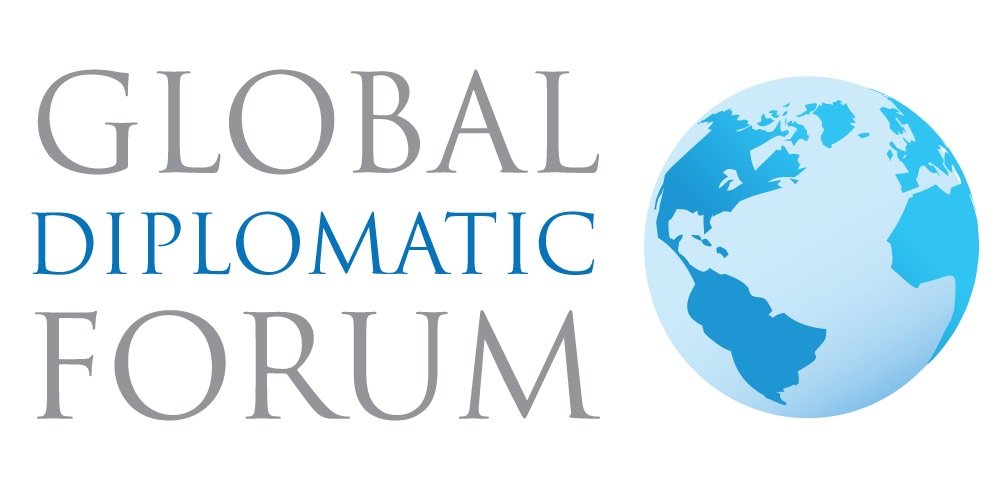
Middle East and North Africa Diplomacy
Online Course
Middle East and North Africa Diplomacy Online Course
Starts 29th April 2024
The Middle East and North Africa (MENA) region boasts a rich and intricate diplomatic landscape characterized by a long history of conflicts, alliances, and shifting alliances among various actors such as states, international organizations, non-state actors, and individuals. Diplomacy in this region is shaped by a variety of pressing issues, including the Israeli-Palestinian conflict, the war in Syria, the conflict in Yemen, tensions between Iran and its Gulf neighbours, and the global fight against terrorism. Nonetheless, the MENA region presents numerous opportunities in fields such as business, energy, education, culture, tourism, and development.
Participating in the online course on diplomacy in the MENA region offers an invaluable opportunity to gain a deeper understanding of its key aspects, thereby providing a competitive edge and the necessary foundations for success in academic and professional pursuits. Moreover, the MENA region's strategic location, energy resources, political instability, religious and cultural significance, and international relations make it a crucial player in global geopolitics. Developments in this region have far-reaching implications for the global economy, security, and stability, underscoring its significance to policymakers and analysts worldwide.
The online course is meticulously designed to be well-structured, compact, and practical, providing valuable knowledge and tools to diplomats, policymakers, and students to navigate the different issues and opportunities that shape the MENA region. Aligned with the latest trends in diplomatic education, this course aims to train the next generation of diplomatic leaders to excel in the 21st-century diplomatic environment. By enrolling in this course, you can develop a nuanced understanding of the MENA region's diplomatic landscape, expand your skillset, and gain a competitive edge in your career.
Course Outcomes
Upon completion of the course, participants will be able to :
Understanding of the background of the diplomatic dynamism in the region
Develop in-depth knowledge of the stakeholders and actors in the region
Capitalise on opportunities presented in the region through diplomacy
Comprehend the main levers driving diplomacy of the Region.
Enhance career advancement opportunities with up-to-date skills and knowledge related to a key region in international politics.
Grasp the framework of Modern Diplomacy in the region
Modules
The Middle East and North Africa Diplomacy online course provides a comprehensive guide to navigating the region's complex environment and capitalizing on several opportunities that it offers.
Through six modules and delivered by a world-leading authority in the region's geopolitics, the online course provides an in-depth understanding of the region:
Module I : Introduction to Diplomacy in the MENA Region
Module II: Governance in the MENA
Module III: Security in the MENA region
Module IV: Regional Integration
Module V : MENA Soft Power
Module VI: Diplomatic Opportunities in the Region
Course Fees
The course fees are £495. You can also pay via PayPal or a bank transfer. Please contact us for payment details: events@gdforum.org
Course Leader
Dr. James M. Dorsey is an award-winning journalist and scholar, a Senior Fellow at the National University of Singapore’s Middle East Institute, an Adjunct Senior Fellow at Nanyang Technological University’s S. Rajaratnam School of International Studies, and the author of the syndicated column and blog, The Turbulent World of Middle East Soccer: https://www.jamesmdorsey.net/all-news
James M. Dorsey is a Senior Fellow focused on the Middle East and North Africa who publishes widely in peer-reviewed journals as well as non-academic publications. A veteran, award-winning foreign correspondent for four decades in the Middle East, Africa, Latin America, Europe and the United States for publications such as The Wall Street Journal, The New York Times and the Financial Times, James has met a multitude of the region’s leaders. As a journalist, James covered primarily ethnic and religious conflict, including some of recent history’s most dramatic events such as the 1973 Middle East war; the Lebanese civil war; the 1979 Soviet invasion of Afghanistan and the U.S.-backed insurgency that ultimately led to the withdrawal of Soviet troops; the Palestinian intifadas; the Iranian revolution, U.S. embassy hostage crisis and the Iran-Iraq war; the Iraqi invasion of Iraq and the toppling of Saddam Hussein; the Israeli-Palestinian peace process; the wars in Croatia, Bosnia, Kosovo and Serbia; the armed struggles in Western Sahara, Algeria, the Philippines, Kashmir, Eritrea, Tigre, the Ogaden, Chad, Niger, Chechnya, the Caucasus and Georgia; the Columbian drug cartels; the fall of Noriega in Panama; the wars in Nicaragua and El Salvador; the Kurdish insurgency in south-eastern Turkey, post-revolution Iran and Saddam’s Iraq; and the war on terror. James writes a widely acclaimed blog, The Turbulent World of Middle East Soccer, has published a book with the same title, and authors a syndicated column.
He is a frequent speaker at international conferences, workshops and seminars and is consulted by governments, corporations and judicial authorities. James won the Dolf van den Broek prize in 2003 and was a two-time nominee for the Pulitzer Prize in 1980 and 1988 as well as was a finalist for the 2012 European Press Prize; the Kurt Schork Award and the Amnesty International Media Award in 2002 and the Index on Censorship Award in 2012. James also co-directs the Institute of Fan Culture of the University of Wuerzburg.


